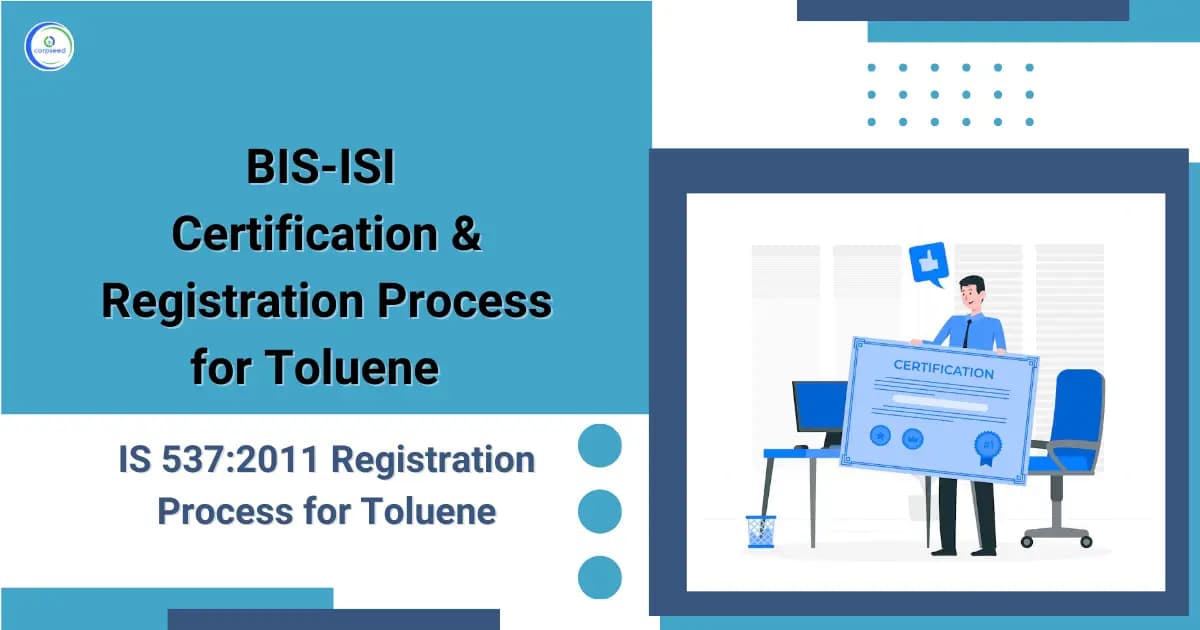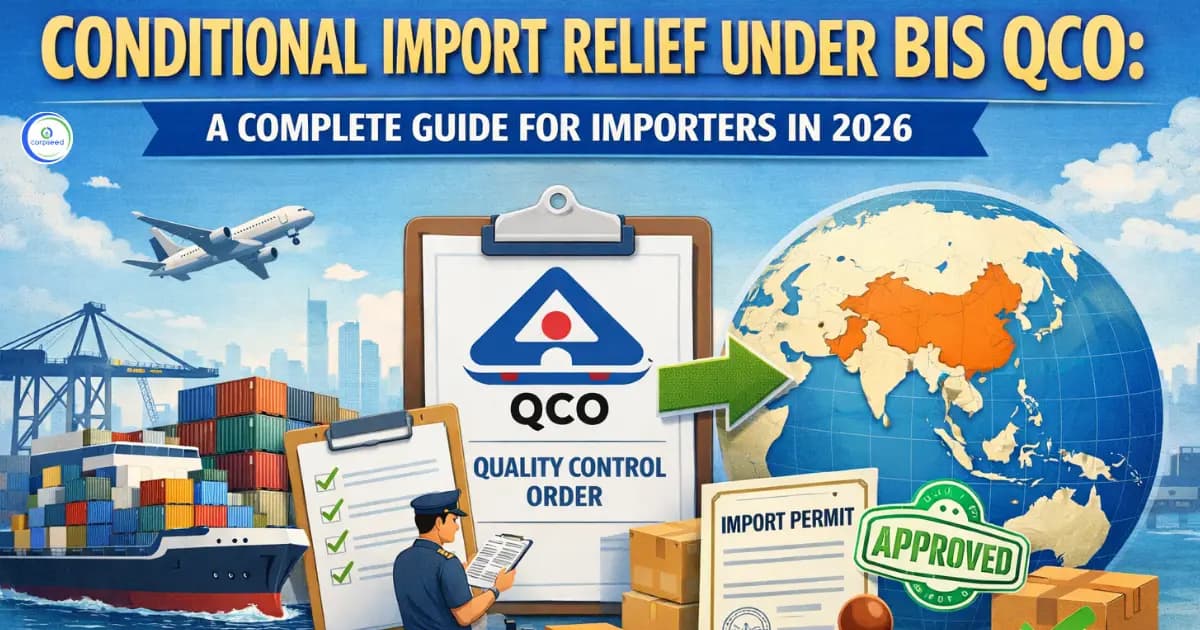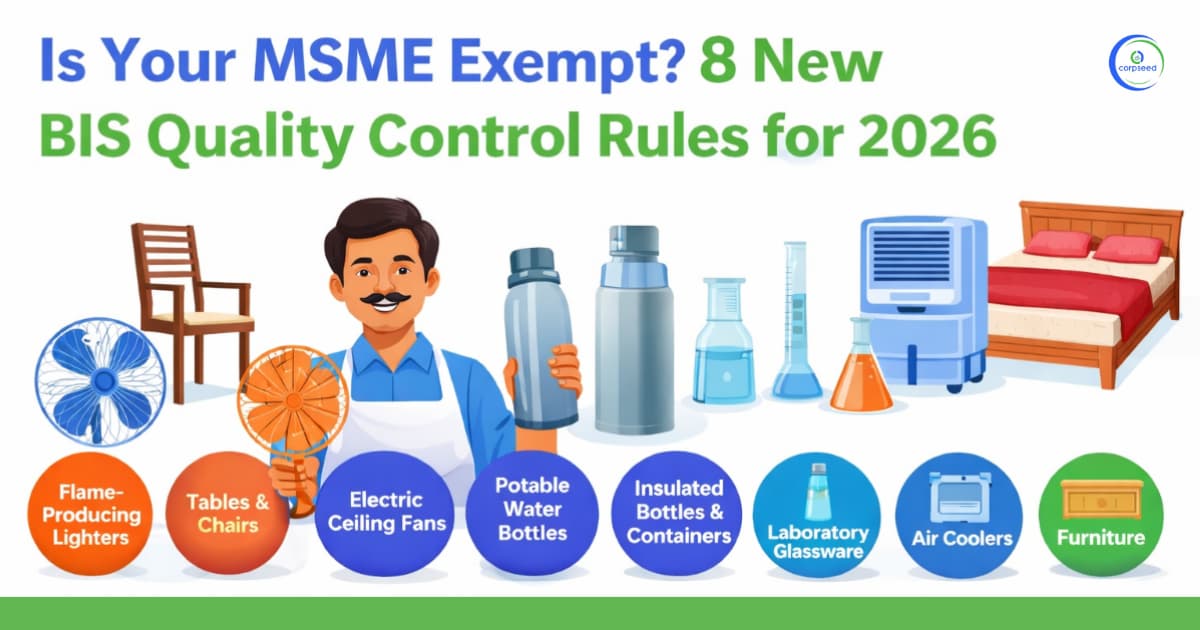
Loading...

Obtaining BIS certification under IS 537:2011 is essential for manufacturers producing toluene in India. This certification not only ensures compliance with safety standards but also enhances consumer trust and marketability.
About the Author

An experienced legal researcher with a robust academic foundation in BBA LLB and LLM (Corporate Law), I have distinguished myself through extensive contributions to the field of legal research. My work has been widely published, including research papers, articles, and blogs featured in Hon'ble Justice Publications and various esteemed legal websites. My dedication to excellence in research has earned me multiple awards in research paper presentations and content writing competitions.
In addition to my legal expertise, I am committed to staying informed about the latest trends in content marketing and regulatory changes, ensuring that my writing remains relevant, impactful, and aligned with current industry standards. My work is characterized by a deep understanding of corporate law, a passion for thorough research, and a commitment to producing high-quality, insightful content.
Related articles

What is the Government’s Motive behind ALMM?
2026-02-21

BIS Issues New Guidelines for Verification of Rated Capacity of Lithium Cells and Batteries
2026-02-21

Conditional Import Relief under BIS QCO: A Complete Guide for Importers in 2026
2026-02-20
_Amendment_Order_2026_New_Compliance_Rules_Corpseed.webp&w=1536&q=75)
Furniture (Quality Control) Amendment Order, 2026: New Compliance Rules
2026-02-18

Is Your MSME Exempt? 8 New BIS Quality Control Rules for 2026
2026-02-16

IS 19450:2025- E-Textbooks in Education Requirements
2026-02-16